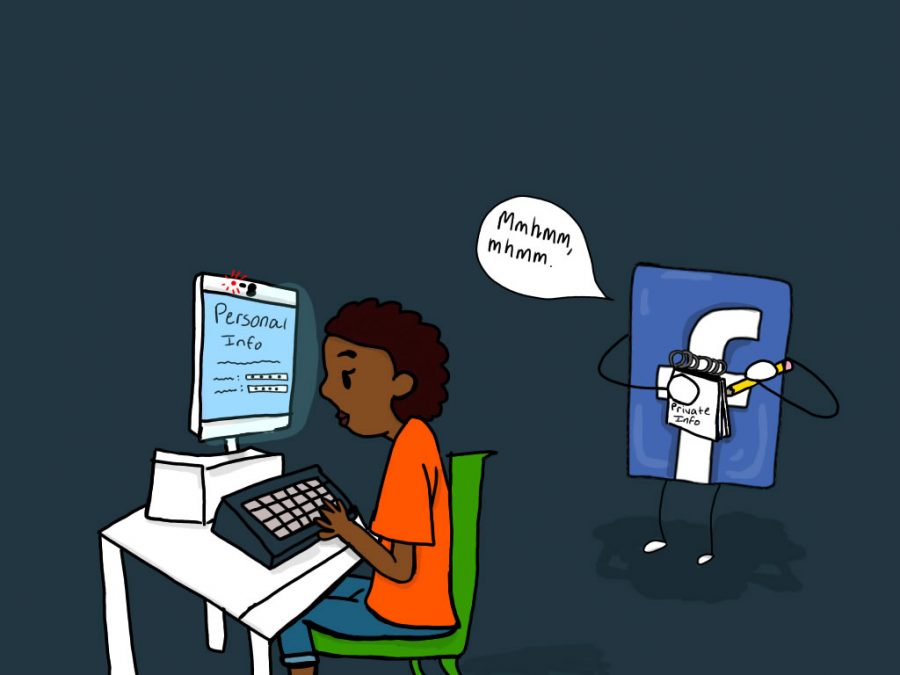Has Facebook Survived its Privacy Scandal?
Everyone has noticed it. You look up “flights to New York” and soon your Instagram feed is littered with ads for New York hotels, New York museums, and just about every travel booking service in business. The eerie accuracy and personalization of online ads have left many concerned about just how much of their personal data has been collected and exploited online. Unfortunately, these fears were verified on March 18, 2017, when multiple news sources, including The New York Times, dropped explosive reports claiming 50 million Facebook users’ personal information had been collected by research firm Cambridge Analytica. The number of users affected was later corrected, growing to include over 80 million profiles.
Aleksandr Kogan, a Cambridge University professor, was the man who gathered the data which was later exploited. Kogan had created a personality quiz on the platform that collected– unbeknownst to users but with Facebook’s permission– psychological and political information about respondents and their friends. Kogan then sold this data to Cambridge Analytica and the company used the data to create targeted ads for the Trump campaign. The discovery of this misuse of consumer data came on the heels of new reports about Russian interference in the 2016 election via Facebook. The reports alleged that Russian bots utilized Facebook to post factually inaccurate articles in an attempt to influence the election. Immediately following these two revelations, Facebook’s stock and trustworthiness ratings plummeted.
In the wake of these scandals, Facebook CEO Mark Zuckerberg has implemented several changes in an effort to keep his company afloat. The first of these is the severe restriction of access by third parties to users’ data, which has lowered expected profit margins but will better protect sensitive information. Another reform Facebook has undergone is the curation of its news feed. Instead of being a neutral platform, Facebook will now more heavily monitor posts according to “community guidelines” in order to cut down on fake news posts and articles. This shifts the company’s role to more of an editor or publisher position, deciding what gets shown and what does not.
As a result of these changes, Facebook has again gained stability and looks like it will be able to stay afloat despite the scandals. However, the company is still in a tough position. Although Facebook now decides what can or cannot be posted, they have rejected the label of “publisher” and the responsibility that comes with it. It is this unclear communication and lack of common agreement between the company and its users that led to the privacy scandal in the first place. Because such problems persist, the effectiveness of Facebook’s reforms in protecting users’ data and privacy is in doubt, meaning the future of the company is as well.












